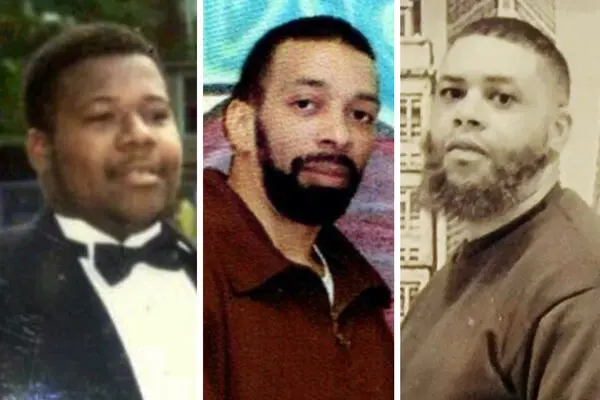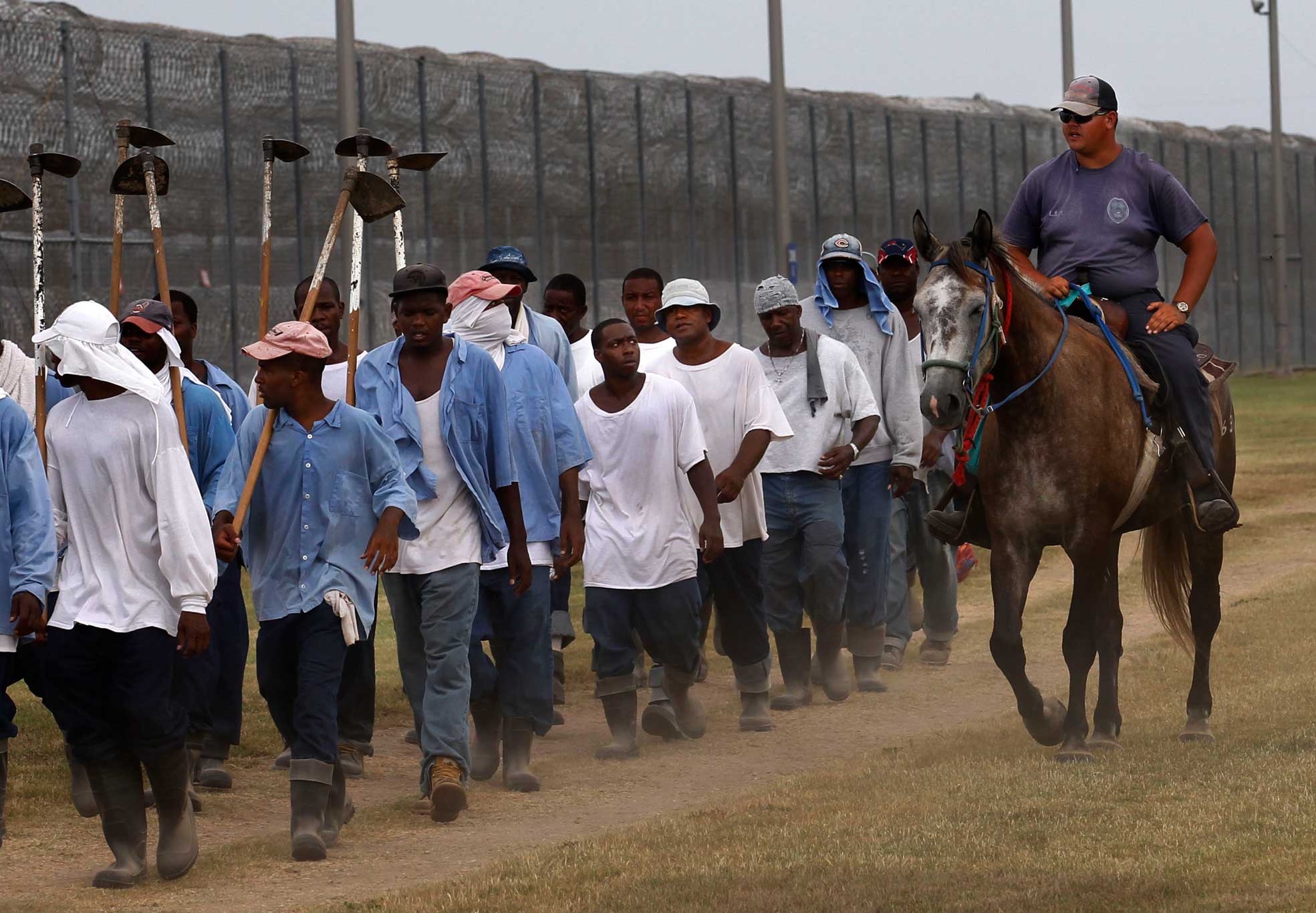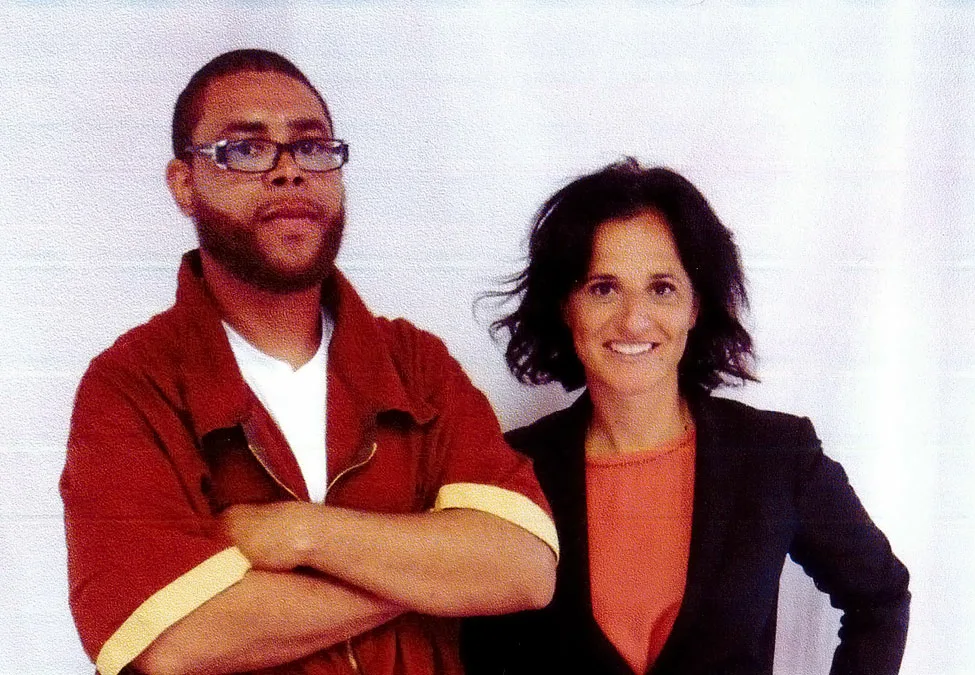Freedom Deferred: How Juneteenth Echoes in the Case of the ‘Chester Trio’
Despite their conviction being overturned, Morton Johnson, Sam Grasty, and Derrick Chappel remain in prison as Delaware County district attorney announced that he would appeal the decision.
Juneteenth 06.18.24 By Alyxaundria Sanford and Stephen Wentzell
Although President Abraham Lincoln issued a proclamation in 1863 declaring “that all persons held as slaves” in rebellious areas “are, and henceforward shall be free,” approximately 250,000 Black people in Galveston, Texas, remained enslaved until June 19, 1865, when they were finally informed of their freedom.
Nearly 160 years following what is now known as Juneteenth, we continue to see freedom similarly delayed for wrongly convicted people trapped by a broken criminal legal system that bears traces of slavery, especially in the case of Morton Johnson in Pennsylvania.
This past March, Mr. Johnson’s murder conviction was vacated by Delaware County Common Pleas Judge Mary Alice Brennan. Despite her ruling that the conviction is no longer valid, Mr. Johnson remains in prison awaiting freedom as Delaware County District Attorney Jack Stollsteimer announced that he would appeal Judge Brennan’s decision.
Mr. Johnson, his cousin Sam Grasty, and their friend Derrick Chappell, all of whom are Black, have already spent more than half their lives in prison for the 1997 murder of 70-year-old Henrietta Nickens in Chester, Pennsylvania. Dubbed the “Chester Trio” by local media, they were all wrongfully convicted despite some DNA evidence excluding them even before their trials even began.



I just read the story of this case in John Grisham’s book, “Framed.” I searched for an update on the internet and was elated by the Judge’s verdict but can not believe these men are still not free.